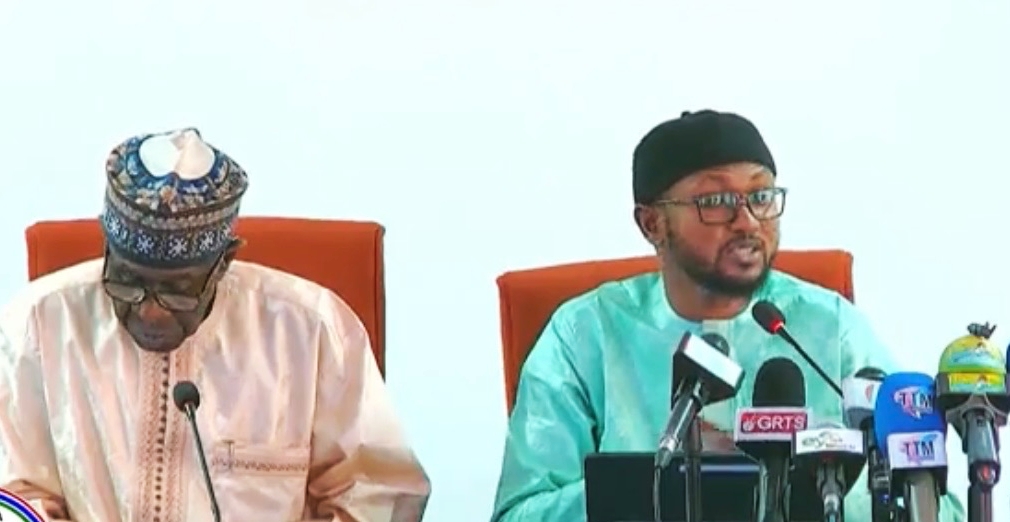Gambiaj.com – (BANJUL, The Gambia) – The National Assembly social sector committees on Education, Agriculture, and Health, in collaboration with UNICEF-The Gambia, began a three-day mid- and end-line review of the national budget on Monday, 29th July 2024. This critical forum provides a platform for presenting the budget executions related to key sectors such as Agriculture, Education, Health, and Women and Children programs, which were implemented in 2024.
The primary objective of this review is to enhance the Mid-Term Expenditure Review Framework, specifically focusing on the implementation and monitoring of child and social protection programs during the execution of the 2024 Budget.
The review also aims to identify any challenges faced during the implementation of these programs and to propose solutions for improved outcomes in the future.
UNICEF, and other key stakeholders are participating in the review to provide valuable insights and recommendations for better budget planning and execution.
By analyzing the progress made so far and highlighting areas that require further attention, this review will contribute to the overall effectiveness of government spending on critical areas that impact the well-being of women and children in The Gambia.
During the review session, Honourable Members of the Social Sector Committees had the opportunity to closely monitor and evaluate the tangible outcomes of expenditures on Child Sensitive and Social Protection-related programs, along with the challenges faced in 2023 and 2024.
Furthermore, this forum included comprehensive presentations by relevant stakeholders, shedding light on the issues affecting children, women, and vulnerable individuals.
The presentations highlighted the importance of allocating resources effectively to ensure the well-being and protection of society’s most vulnerable members. Additionally, discussions during the forum emphasized the need for collaboration among government agencies, non-governmental organizations, and other stakeholders to address the root causes of social challenges.
Overall, the review session provided valuable insights for decision-makers to enhance the efficacy of social protection programs and create a more inclusive and supportive environment for all individuals in need.










